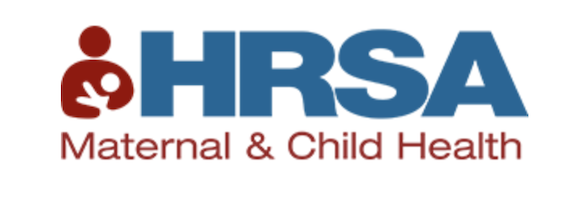EnRICH Seminar: The Impact of Community Doulas on Reducing Health Disparities in Maternal and Child Health Populations
Category : News/Events
Tuesday, September 13, 2022
1:30pm to 2:30pm ET
PROBLEM STATEMENT
Large and persistent racial inequities in maternal health outcomes require an inclusive system of care to increase access to patient- and community-centered services and to reduce disparities for pregnant, birthing, and postpartum people, especially those at risk for bias and discrimination. One element of such a system is the community doula, a culturally congruent health worker who provides emotional support, peer education, resource navigation, and labor support. Best practices for integrating community doulas into maternal and child health (MCH) services is still evolving and requires resources and ongoing research to help identify/address gaps to improve the health and well-being of the MCH community.
LEARNING OBJECTIVES
At the end of this webinar, attendees will:
• Learn about the role of the community doula and existing models;
• Understand the current state of research and the impact of community doulas on MCH; and
• Become familiar with the research agenda on promoting effective integration of community doulas into MCH services in order to reduce inequities.
PRESENTERS
Julie Mottl-Santiago, DrPH, CNM, is an Assistant Professor at the Boston University School of Medicine and Certified Nurse Midwife practicing at Boston Medical Center (BMC), New England’s largest safety net hospital. She is currently the Principal Investigator for two doula related research projects:
• Best Beginnings for Babies study examining outcomes of the BMC Birth Sisters doula program; and
• The Massachusetts Health Policy Commission’s Birth Equity and Support through the Inclusion of Doula Expertise (BESIDE) Investment Program.
Ebere Oparaeke, MPH, is an experienced doula and Program Coordinator for the BMC Birth Sisters Program. She is passionate about reproductive and social justice and believes that all people should be informed, supported, and validated in their birth and reproductive journeys.
1:30pm to 2:30pm ET
PROBLEM STATEMENT
Large and persistent racial inequities in maternal health outcomes require an inclusive system of care to increase access to patient- and community-centered services and to reduce disparities for pregnant, birthing, and postpartum people, especially those at risk for bias and discrimination. One element of such a system is the community doula, a culturally congruent health worker who provides emotional support, peer education, resource navigation, and labor support. Best practices for integrating community doulas into maternal and child health (MCH) services is still evolving and requires resources and ongoing research to help identify/address gaps to improve the health and well-being of the MCH community.
LEARNING OBJECTIVES
At the end of this webinar, attendees will:
• Learn about the role of the community doula and existing models;
• Understand the current state of research and the impact of community doulas on MCH; and
• Become familiar with the research agenda on promoting effective integration of community doulas into MCH services in order to reduce inequities.
PRESENTERS
Julie Mottl-Santiago, DrPH, CNM, is an Assistant Professor at the Boston University School of Medicine and Certified Nurse Midwife practicing at Boston Medical Center (BMC), New England’s largest safety net hospital. She is currently the Principal Investigator for two doula related research projects:
• Best Beginnings for Babies study examining outcomes of the BMC Birth Sisters doula program; and
• The Massachusetts Health Policy Commission’s Birth Equity and Support through the Inclusion of Doula Expertise (BESIDE) Investment Program.
Ebere Oparaeke, MPH, is an experienced doula and Program Coordinator for the BMC Birth Sisters Program. She is passionate about reproductive and social justice and believes that all people should be informed, supported, and validated in their birth and reproductive journeys.
To register for this webinar, please click here.
